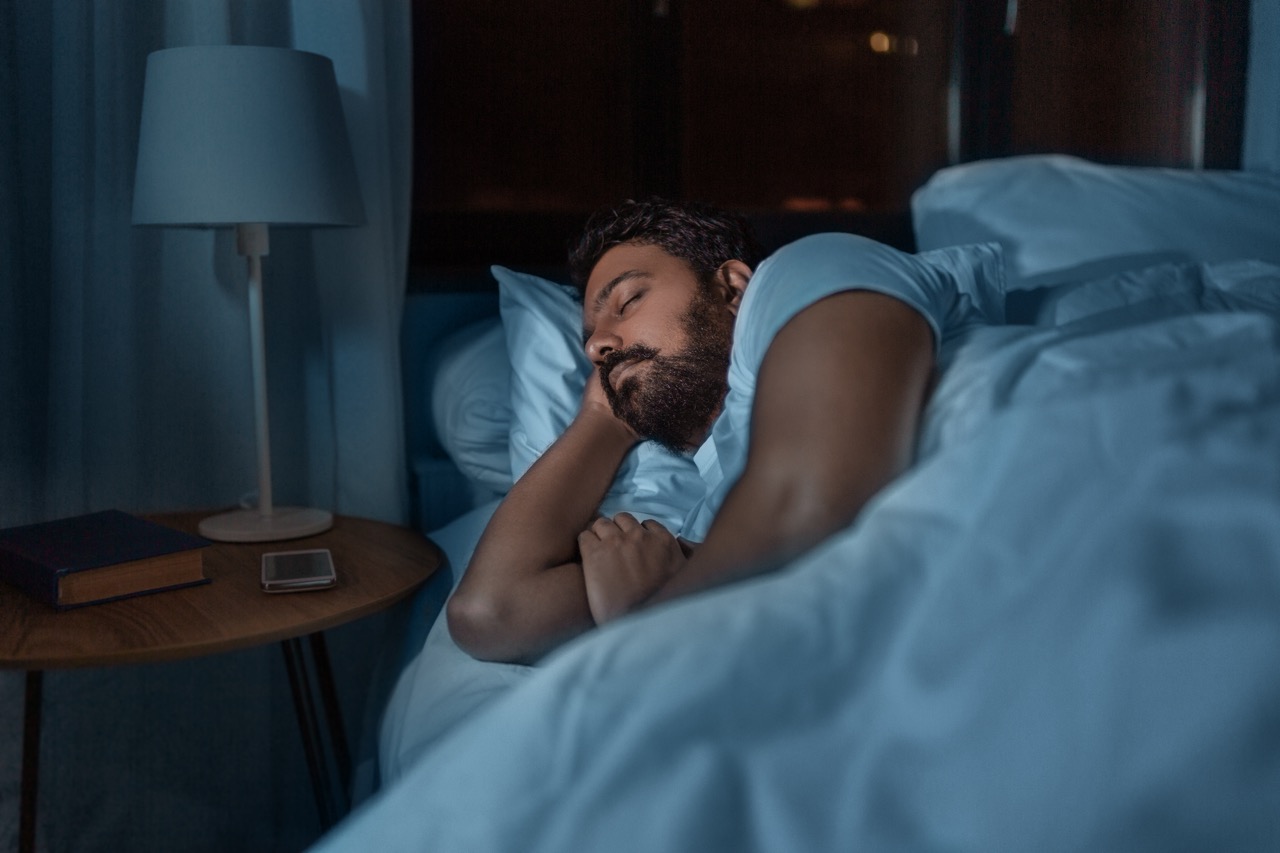Sleep and Migraine: Why Morning Headaches Are a Red Flag

If you live with migraine, you’ve likely noticed how much sleep matters. Missing a few hours can mean waking up with pain, brain fog, or a full migraine attack.
But here’s the surprising truth: sleep is not just rest—it’s treatment.
The Link Between Sleep and Migraine
- 80% of people with migraine experience insomnia
- Disrupted sleep increases attack frequency
- Poor sleep quality makes pain harder to treat
Researchers are still uncovering why sleep and migraine are so tightly linked. But the evidence is clear: stable, consistent sleep helps reduce migraine burden.
Morning Headaches: A Sign to Investigate
If you wake up with headaches regularly, it may not be “just migraine.” It could signal:
- Sleep apnea
- Restless leg syndrome
- Other sleep disorders that add to migraine frequency
At Haven, we often recommend sleep studies for patients with morning headaches. About half come back positive for an underlying condition.
How to Improve Sleep for Migraine
- Go to bed and wake up at the same time daily
- Create a dark, cool, quiet sleep environment
- Limit caffeine after noon
- Ask your provider about a sleep study if mornings are tough
Haven’s Approach
We see sleep as one of the most powerful—and most underutilized—treatments for migraine. Supporting your sleep can reduce attacks, improve medication response, and give you more good days.
Talk with a Haven specialist about your sleep patterns and whether a sleep study is right for you.


